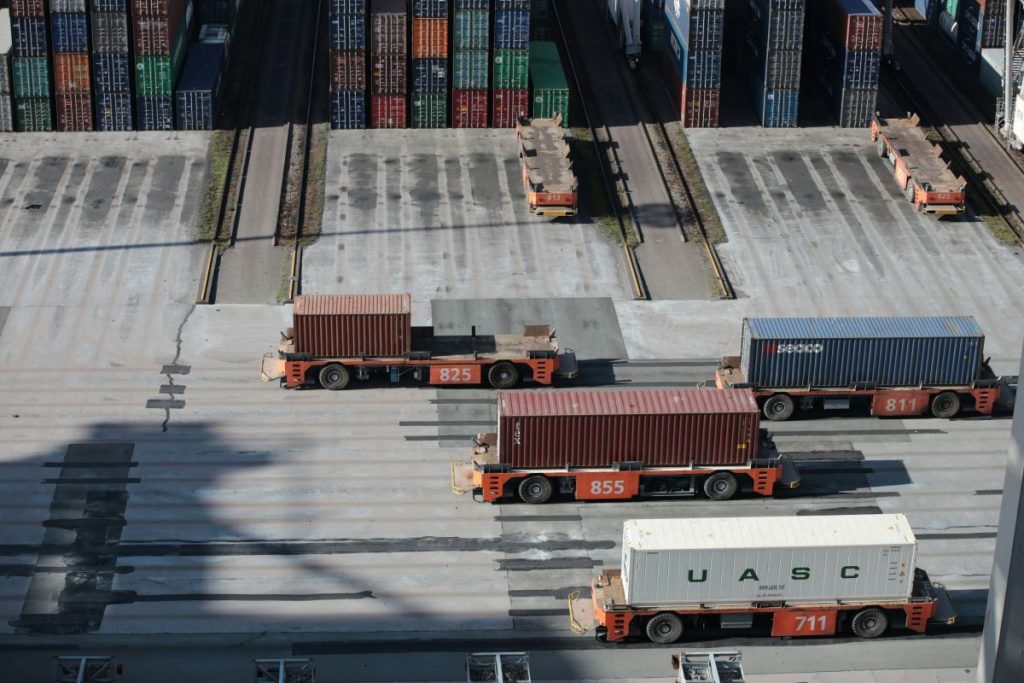Breaking Free from Outdated Logistics Thinking
Despite rapid advancements in logistics technology, a surprising reality remains—75% of shippers still rely on spreadsheets and manual processes for freight procurement. Digital tools that offer real-time rate benchmarking, predictive analytics, and automated negotiations are readily available, yet adoption remains slow. The problem isn’t a lack of technology—it’s a lack of willingness to rethink how freight procurement should work.
Many logistics and supply chain teams hesitate to embrace digitalisation, not because they doubt its capabilities, but because changing long-standing processes feels like a risk. The reliance on familiar systems, even if inefficient, is often seen as the safer path. This mindset, however, is no longer sustainable in a market where cost volatility, capacity constraints, and sustainability pressures demand smarter, data-driven decision-making.
Why Logistics Leaders Must Challenge Legacy Thinking
Freight procurement is at a crossroads. The shift to AI-driven sourcing and real-time pricing models is not just about automation; it’s about enabling better decision-making. Yet many logistics teams continue to operate under the assumption that manual processes provide greater control, when in reality, they often lead to missed opportunities and avoidable inefficiencies.
Instead of asking, “How do we optimise within the current system?” logistics leaders should be asking, “What if we built a freight procurement function designed for today’s market realities?” That means moving beyond rate sheets and email tenders to dynamic pricing models, automated negotiations, and continuous data-driven insights.
Data, Not Gut Feel, Should Drive Freight Procurement
One of the biggest barriers to change is the belief that experience and intuition are enough to navigate freight procurement. While industry knowledge remains valuable, the complexity of today’s logistics landscape makes real-time data an essential complement. Companies leveraging AI-powered procurement platforms gain instant access to live market insights, enabling them to benchmark rates, track cost trends, and adjust freight strategies dynamically.
Businesses that fail to adopt a data-first approach risk locking themselves into outdated rate structures, struggling to forecast expenses, and making freight decisions based on fragmented or historical information. Visibility is now the deciding factor between logistics teams that negotiate from a position of strength and those that are constantly reacting to market shifts.
Sustainability is Now a Logistics Imperative
Sustainability considerations in freight procurement have moved beyond compliance checkboxes. Companies are actively integrating carbon tracking into freight decisions, making emissions data as critical as cost and capacity. A shift in mindset is required—logistics leaders must view green initiatives as a competitive advantage rather than a cost burden. Index-linked contracts and multimodal solutions are already helping businesses balance cost efficiency with sustainability, ensuring long-term resilience in their supply chains.
The Time to Rethink Freight Procurement is Now
The logistics industry is evolving, and freight procurement must evolve with it. The companies leading the way are those embracing digital tools not as replacements for human expertise, but as enhancements that drive better, faster decisions. Logistics teams willing to challenge outdated habits, leverage AI, and rethink their strategies will gain an undeniable competitive edge.
Technology alone won’t transform freight procurement—leaders with the right mindset will.



